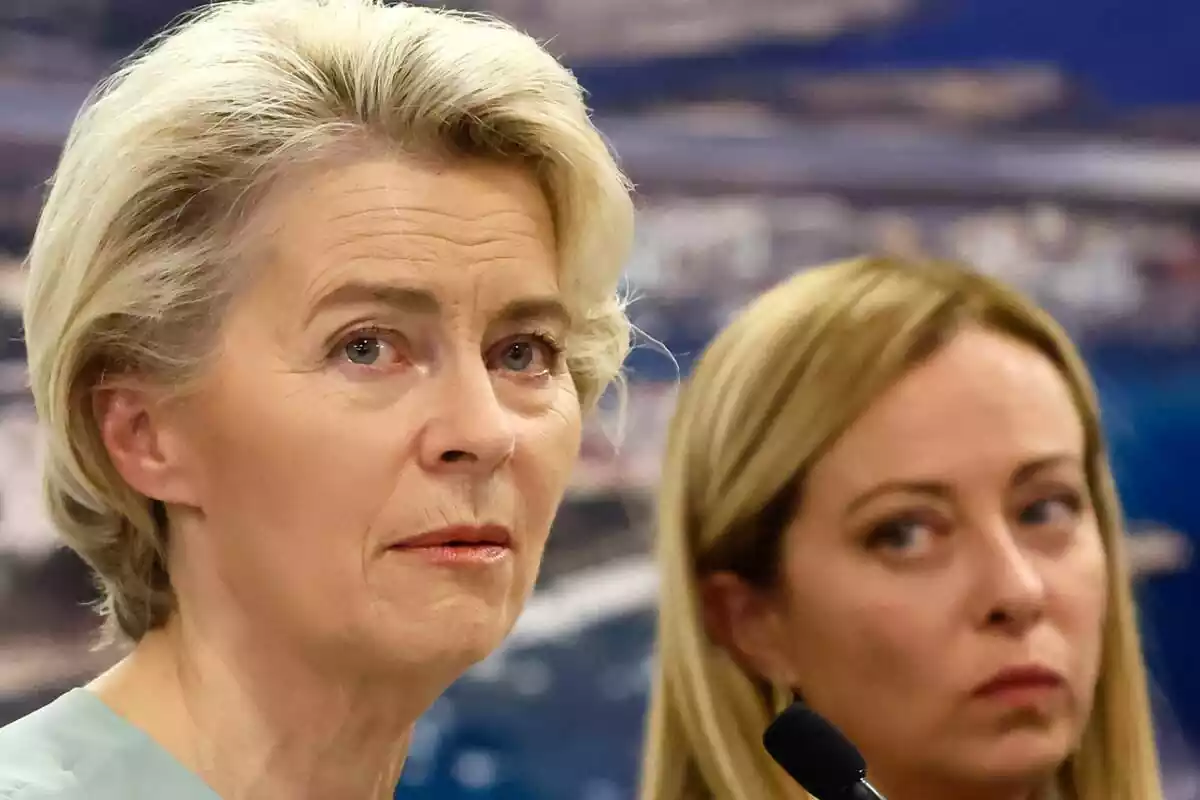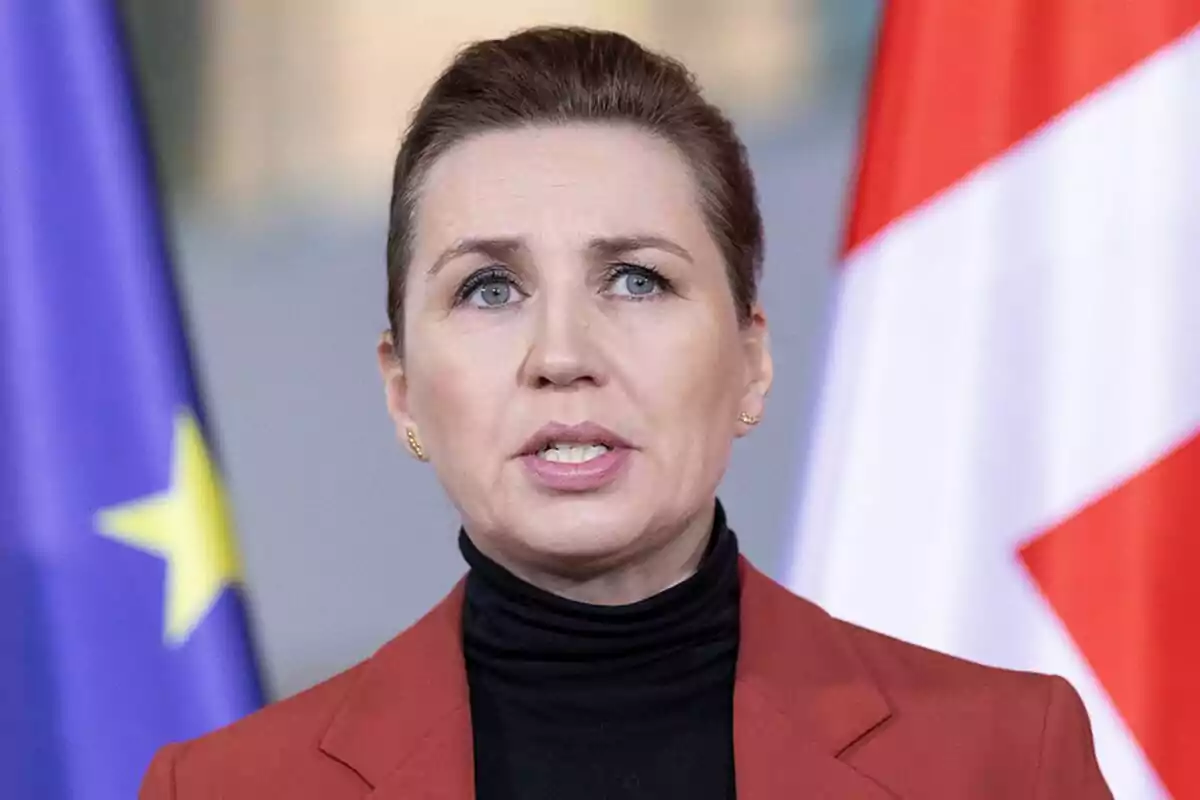
Giorgia Meloni leads the standoff with Brussels over immigration
The Italian prime minister is driving a shift in the union's migration policy approach
Giorgia Meloni has established herself since her rise to power as the driving force behind the paradigm shift in the European Union's migration policies. The Italian prime minister was key in the shift in position that enabled the reform of the Migration and Asylum Pact. Now she has taken another step with the formulation of a new approach based on the sovereignty of member states.

To achieve this, she has found an unlikely ally in Denmark, a country governed by social democracy. Italy and the Danes have sent a letter to the European Council to demand more sovereignty for countries regarding immigration.
The new Rome-Copenhagen axis thus manages to transcend the ideological framework of the debate beyond right and left. It imposes a new paradigm based on countries' sovereignty to decide on their security. They are thus challenging the Brussels establishment, which tries to keep control of changes in migration policy.
more sovereignty for greater security
The Italian prime minister has appealed to the defense of sovereign states for "our citizens, our values, and our democracy." She points out that these countries "protect human rights." She also criticizes the establishment for "preventing states from expelling foreign criminals or protecting their borders."
In response, Meloni demands "greater autonomy at the national level to decide when to expel foreign citizens who have committed crimes." As well as "greater freedom to control who can't be repatriated."
The Italian prime minister demands that the European Convention on Human Rights "stop using rights as a weapon against our borders." She insists that "defending rights also means defending security, legality, and freedom."
Furthermore, Meloni assumes the role of "leading this change," together with an increasing number of countries of different political colors. It should be remembered that Italy has implemented pioneering measures for border control and the outsourcing of deportations. This model has been questioned by Brussels, which now faces this new challenge.
the formula for success
The migration policies of Giorgia Meloni's government have managed to reduce the arrival of immigrants to Italy in record time. Her success is even more evident in contrast with Spain, a country that shares with Italy the problem of being an entry point to Europe. While illegal immigration in Italy decreased by 70%, in Spain the arrival of irregular migrants increased by more than 80% in recent years.

Her model has been admired and copied by countries with governments far removed from the radical right. The best example is Denmark, where, as in Germany, social democracy underwent a transformation.
Social Democratic Prime Minister Mette Frederiksen imposed a change based on a simple premise: "Mass immigration is a threat to everyday life in Europe, and above all to the working classes." The Danish left has accepted that "the uncontrolled arrival of immigrants devalues wages, distorts the market, and creates security problems."
Her government has toughened asylum conditions, limited public aid, and accelerated deportations. The result: 28% less immigration and 85% fewer asylum applications. The far right, which was surging in 2015, is now marginal.
More posts: